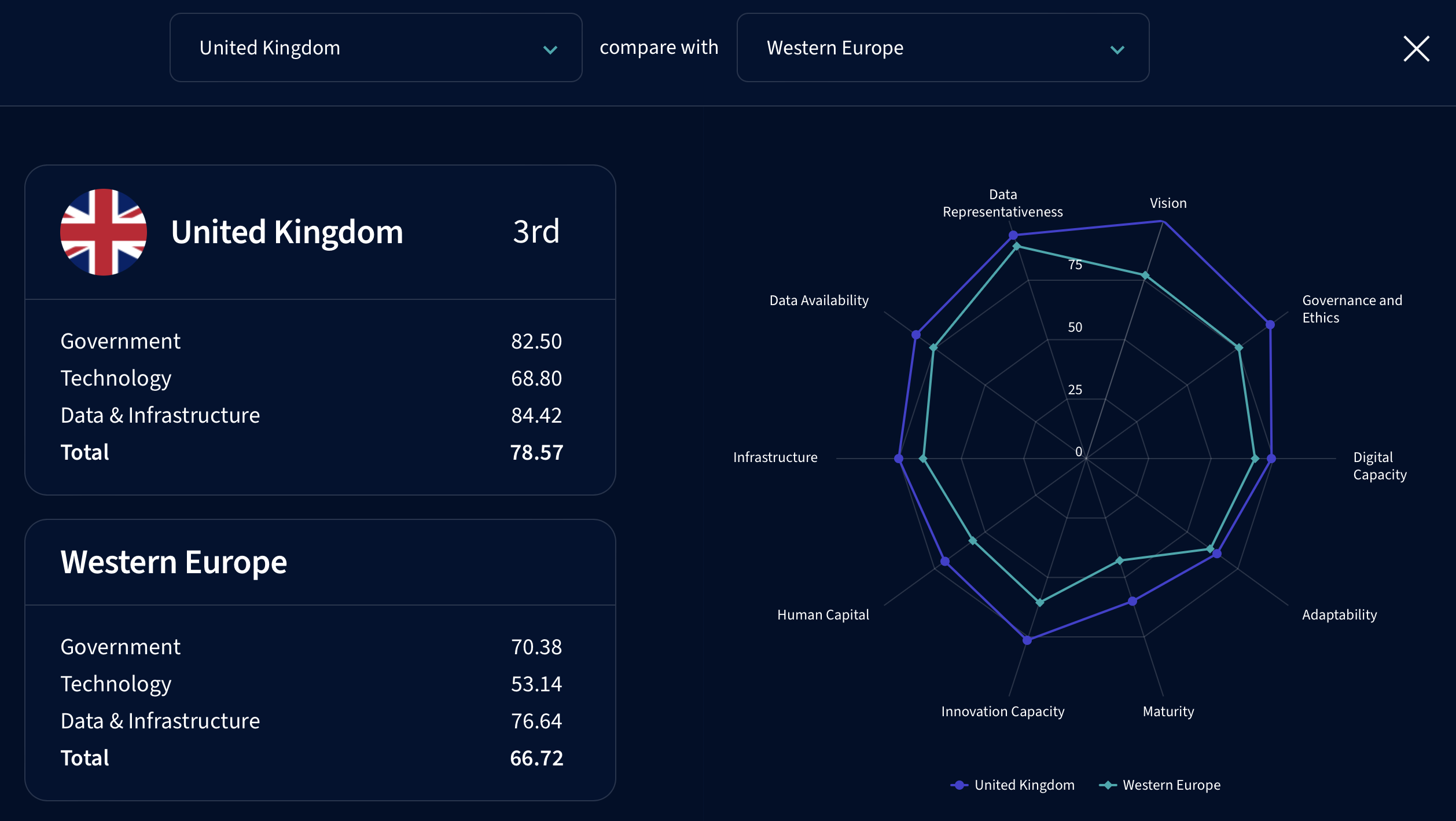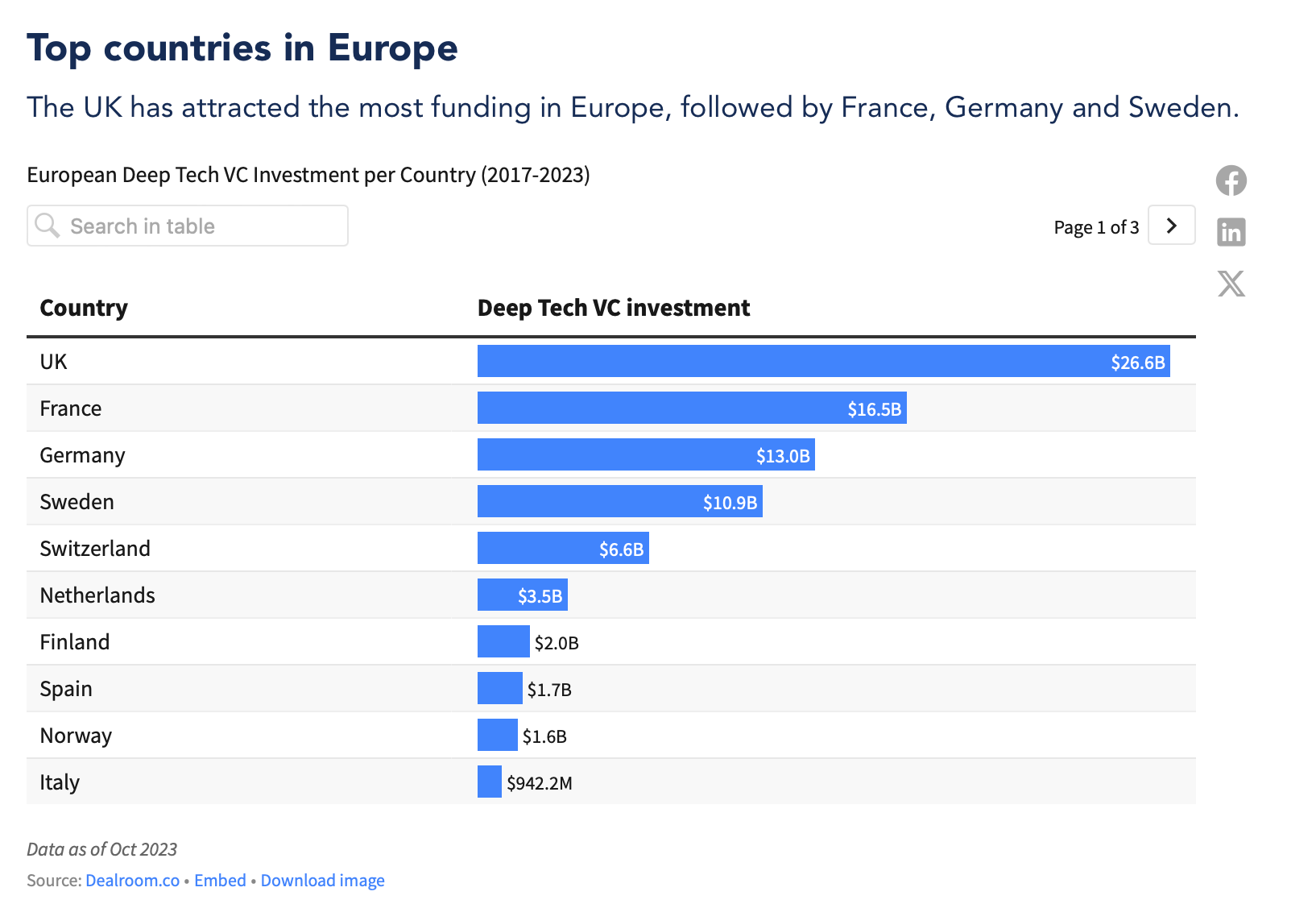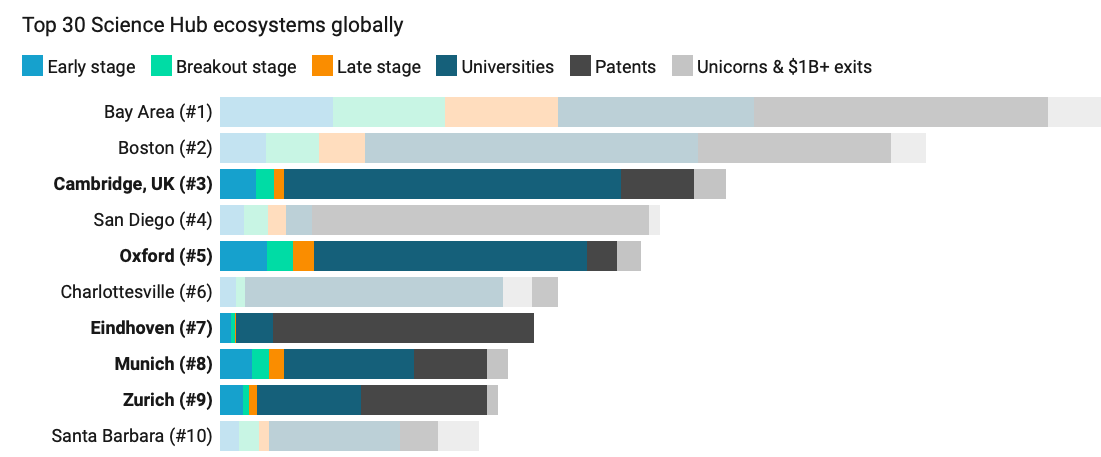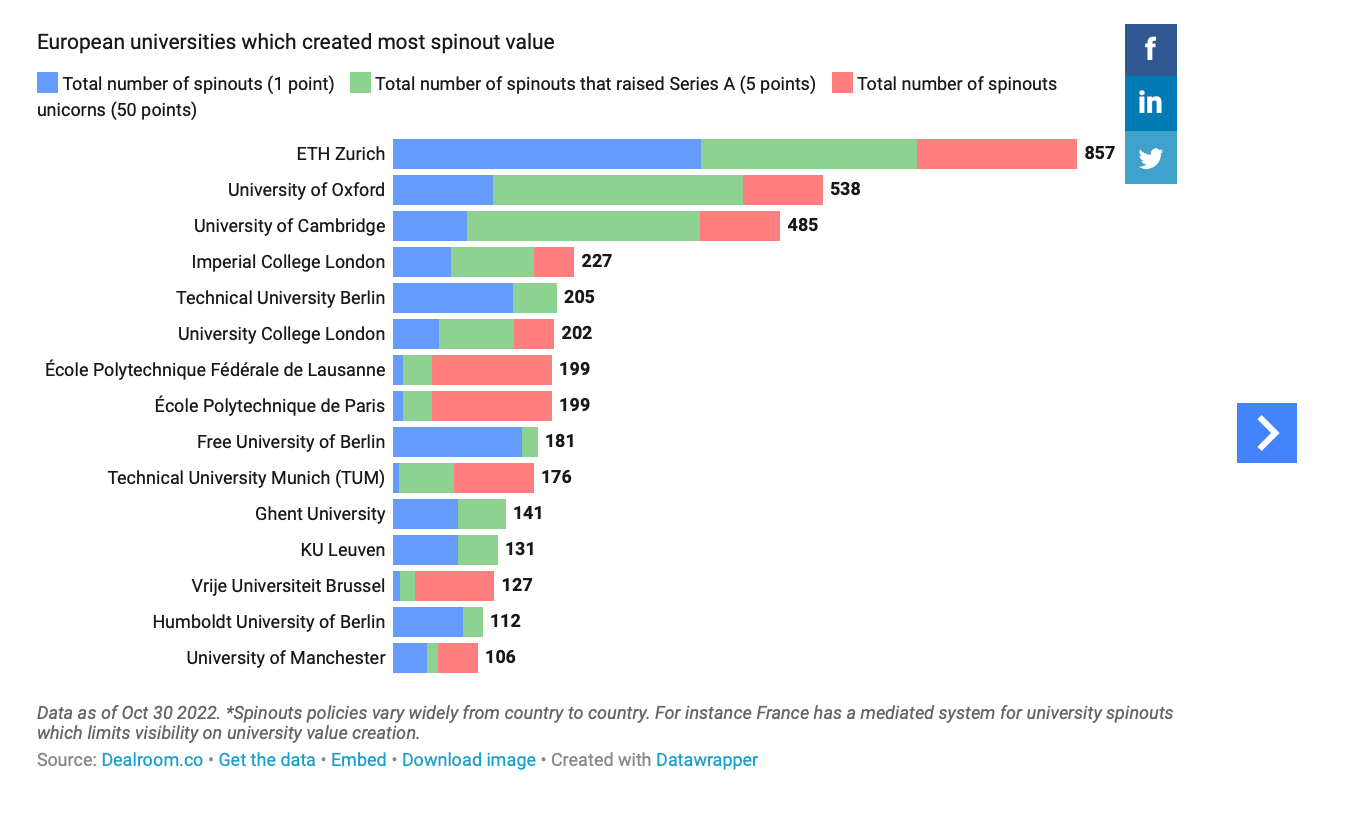The new UK Government needs to be careful with its AI regulation ambition
Last week, various media outlets reported that the new Prime Minister of the United Kingdom, Sir Keith Starmer, will include an AI bill to the King's Speech later this week, following in the footsteps of the European Union’s AI Act.

The King’s Speech (also known as the State Opening of the Parliament) is one of those interesting, ceremonial British formats in which the reigning King delivers a speech on the new government’s priorities to both Houses of Parliament in the House of Lords. The speech itself is written by the government and usually takes around 10 minutes. Everyone listens in silence, and both Houses of Parliament debate its content afterwards.
Until now, the UK, among many common law countries worldwide, has been recognized as a business and innovation-oriented AI regulator, which understood both the complexity of technology and the fact no regulator is fast enough to keep up with the development of technology.
Even Europeans - the architects of the EU’s AI Act understood they could not establish a fixed regulatory framework without adding small loopholes (in the form of annexes) to adjust the approach in the future, if needed, which sounds operationally logical, but somewhat questionable from a democratic point of view.
While the shift towards AI regulation is not something shocking – even the previous UK Government said previously that it does not exclude the option of regulating AI in the future, it’s important that the Brits examine their global standing and the mistakes from the EU's AI Act thoroughly beforehand.
Where does the UK stand in the global AI race?
According to the World Intellectual Property Organization’s (WIPO) Global Innovation Index ranking 2023, the UK is fourth in the world, surpassed only by Switzerland, Sweden, and the US. UK's market sophistication is #3 in the world, its creative outputs are #2 globally, the UK falls within 5 top economies in the world, hosting 80% of the world’s unicorns (4th place and 4% respectively).
The UK also ranks #3 in the AI readiness index of 2023, surpassed only by the US and Singapore. The UK is currently surpassing Western Europe in all three fields – government, technology, data and infrastructure.

What about access to finance? Finance, which allows for a swift and adaptable investment in the most innovative solutions without too heavy of an administrative burden? Dealroom.co shows that the UK has the biggest deep tech VC investment in Europe (see picture below).

The UK's academic muscle is unquestionable. The UK’s Cambridge and Oxford are among the world’s Top 5 science hubs, competing with the world-renown US Bay area, Boston and San Diego.

Most importantly, the UK’s academia is productive. The University of Oxford, the University of Cambridge, and Imperial College London are among Western Europe’s top five in spinout value.

Conclusions
Various global rankings reveal what most know intuitively – the UK has great talent, productive universities and globally-oriented businesses, which compensate for a somewhat complicated institutional framework, the size of the market (f.e. EU’s total population is 6.7 times bigger than the UK’s), and other post-Brexit shortcomings.
If the UK's Government decides to introduce the AI bill, they have to be very careful in order not to lose the current UK's competitive advantages and overall business trust.
The UK has a great opportunity (and freedom) to learn from not only the EU but other parts of the world as well, which are all competing for the title of an AI hub.

